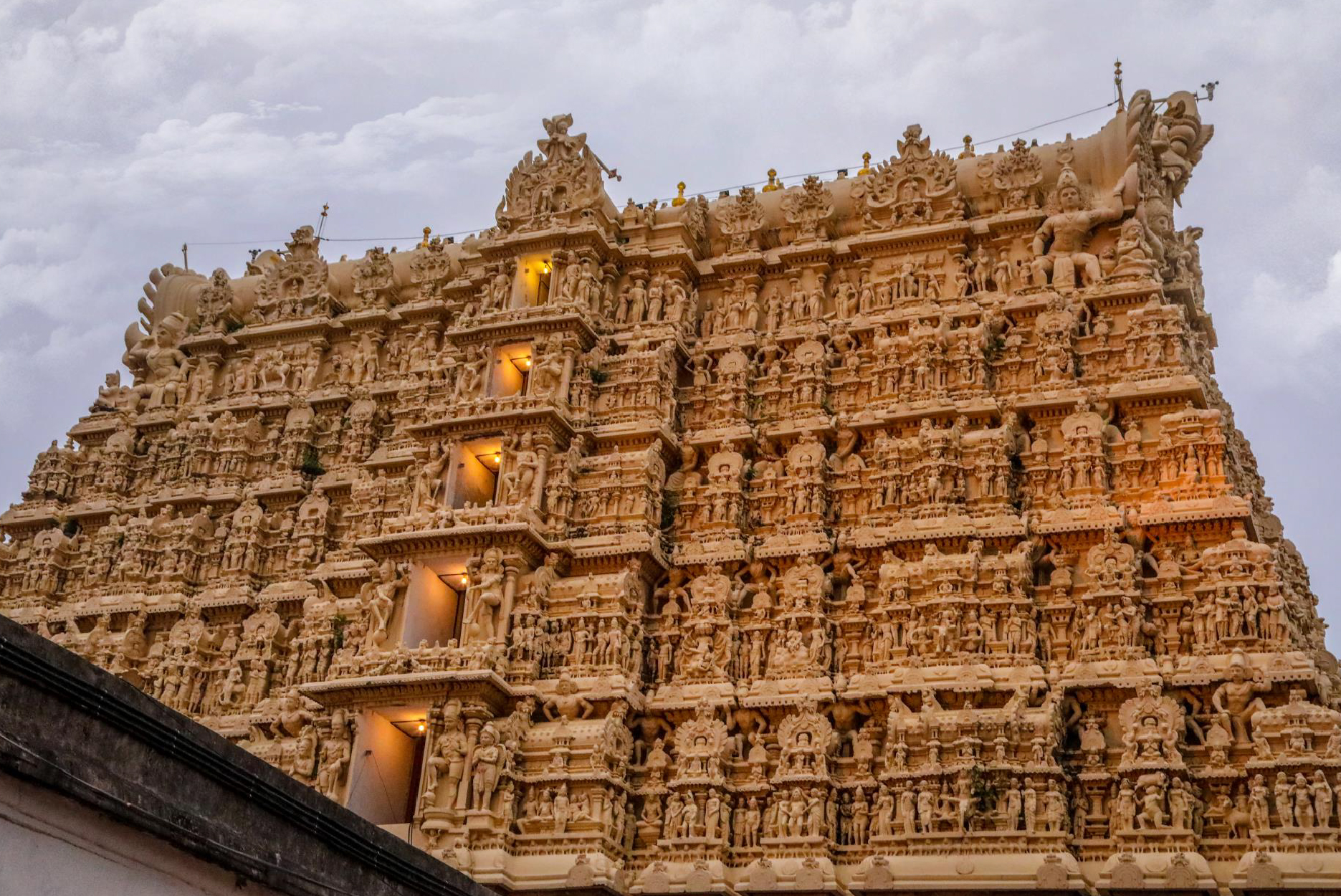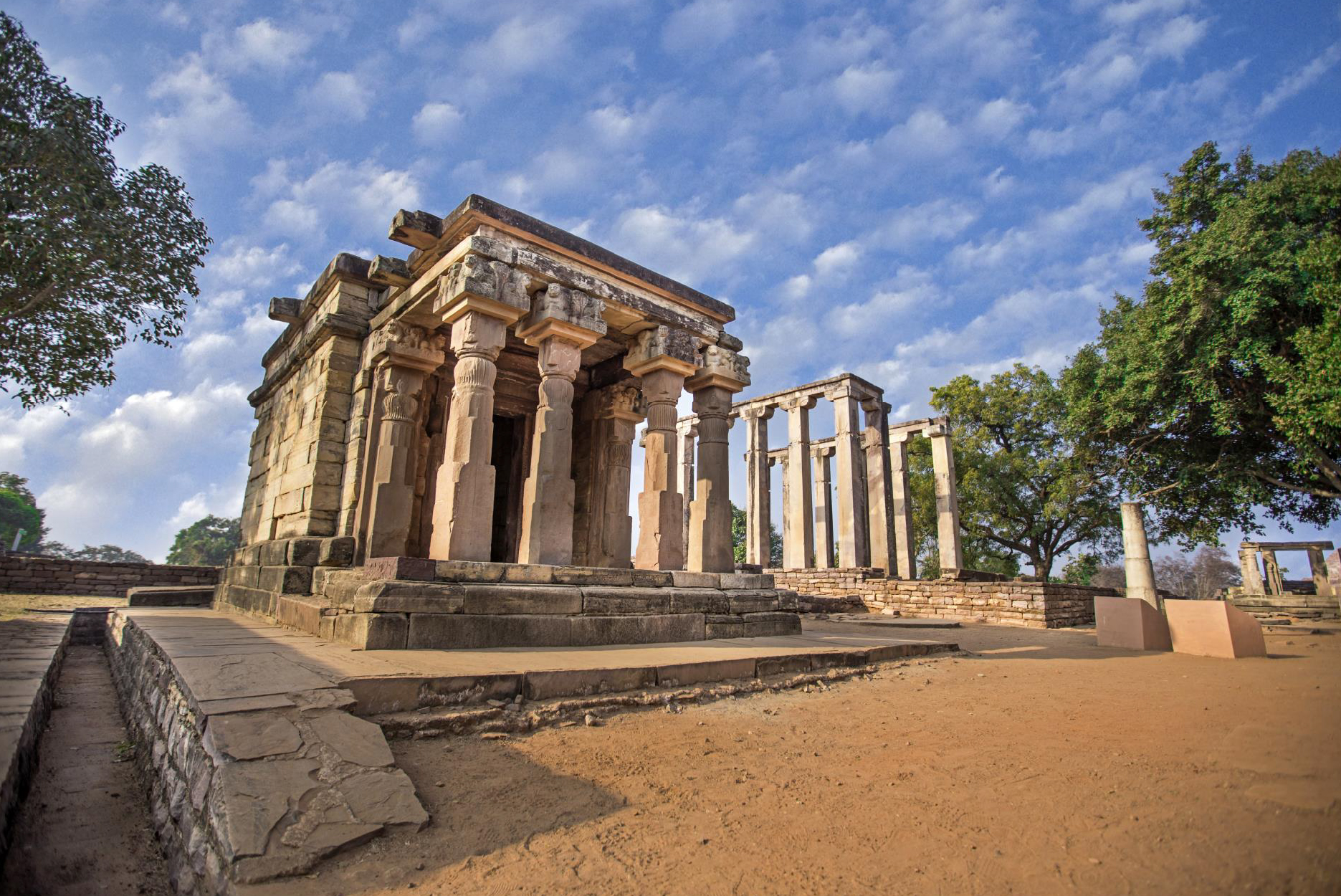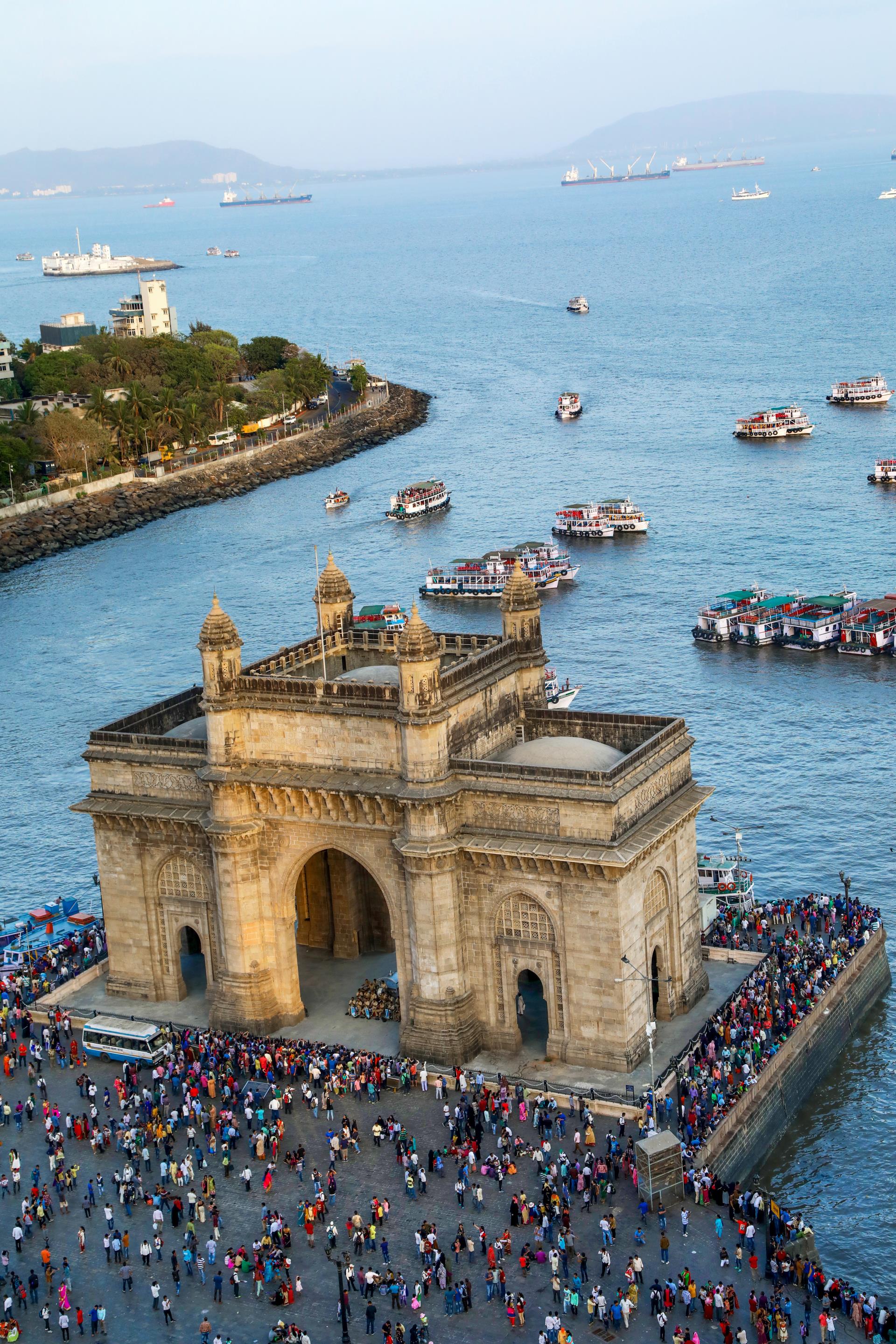
Sorry, we couldn't find anything that matches your search.
Destination

Famous Places to Explore in Hyderabad
A vibrant city with the imposing...

Raipur Tourist Places | Best Place to Visit
The stronghold of several erstwhile...

Ahmedabad
Declared as India's first UNESCO World...
#
India is one of the oldest civilizations in the world with a kaleidoscopic variety and rich cultural heritage. It has achieved all-round socio-economic progress during the last 65 years of its Independence. India has become self-sufficient in agricultural production and is now one of the top industrialized countries in the world and one of the few nations to have gone into outer space to conquer nature for the benefit of the people. It covers an area of 32, 87,263 sq. km, extending from the snow-covered Himalayan heights to the tropical rain forests of the south. As the 7th largest country in the world, India stands apart from the rest of Asia, marked off as it is by mountains and the sea, which give the country a distinct geographical entity. Bounded by the Great Himalayas in the north, it stretches southwards and at the Tropic of Cancer, tapers off into the Indian Ocean between the Bay of Bengal on the east and the Arabian Sea on the west. As you travel, India offers a range of vast tourism choices, diverse in land and nature, people, tribes, cuisine, faiths, dance forms, music, arts, crafts, adventure, sport, spirituality, history; even these vary as you journey from one state to another. As a country, India has achieved all-round socio-economic progress in the last 70 years of independence. The change is clearly visible in the Tier I and Tier II cities. However, the fascinating aspect lies in the stark difference as you travel through the new and old parts of its cities. From world-class airports and hotels, luxurious shopping malls, restaurants, pubs and cafes to overcrowded streets and alleyways, in the same cities, filled with thousands of little shops offering every possible modern and ethnic product and native street food is a fascinating experience.
History Of India
The Indian Peninsula stands apart from the rest of Asia, bordered as it is by mountains and the sea, which gives the country a distinct geographical entity. Based on the phases of evolution of the country and its people the history of India can be categorised in three major categories:
India's history and culture is dynamic, spanning back to the beginning of human civilization. It begins with a mysterious culture along the Indus River and in farming communities in the southern lands of India. The history of India is punctuated by constant integration of migrating people with the diverse cultures that surround India. Available evidence suggests that the use of iron, copper and other metals was widely prevalent in the Indian sub-continent at a fairly early period, which is indicative of the progress that this part of the world had made. By the end of the fourth millennium BC, India had emerged as a region of highly developed civilization.
Know More http://knowindia.gov.in/culture-and-heritage/ancient-history.php
For a period that has come to be so strongly associated with the Islamic influence and rule in India, Medieval Indian history went for almost three whole centuries under the so-called indigenous rulers, that included the Chalukyas, the Pallavas, the Pandyas, the Rashtrakutas, the Muslims rulers and finally the Mughal Empire. The most important dynasty to emerge in the middle of the 9th century was that of the Cholas.
Know More http://knowindia.gov.in/culture-and-heritage/medieval-history.php
In ancient times, people from all over the world were keen to come to India. ThePersians followed by the Iranians and Parsis immigrated to India. Then came theMoghuls and they too settled down permanently in India. Chengis Khan, the Mongolian, invaded and looted India many times. Alexander the Great too, came to conquer India but went back after a battle with Porus. He-en Tsang from China came in pursuit of knowledge and to visit the ancient Indian universities of Nalanda and Takshila. Columbus wanted to come to India, but instead landed on the shores of America. Vasco da Gama from Portugal came to trade his country's goods in return for Indian spices. The French came and established their colonies in India. Lastly, the Britishers came and ruled over India for nearly 200 years. After the battle of Plassey in 1757, the British achieved political power in India. And their paramountcy was established during the tenure of Lord Dalhousie, who became the Governor- General in 1848. He annexed Punjab, Peshawar and the Pathan tribes inthe north-west of India. And by 1856, the British conquest and its authority were firmly established. And while the British power gained its heights during the middle of the 19th century, the discontent of the local rulers, the peasantry, the intellectuals, common masses as also of the soldiers who became unemployed due to the disbanding of the armies of various states that were annexed by the British, became widespread. This soon broke out into a revolt which assumed the dimensions of the 1857 Mutiny.
Know More http://knowindia.gov.in/culture-and-heritage/freedom-struggle.php
FACTS ABOUT INDIA
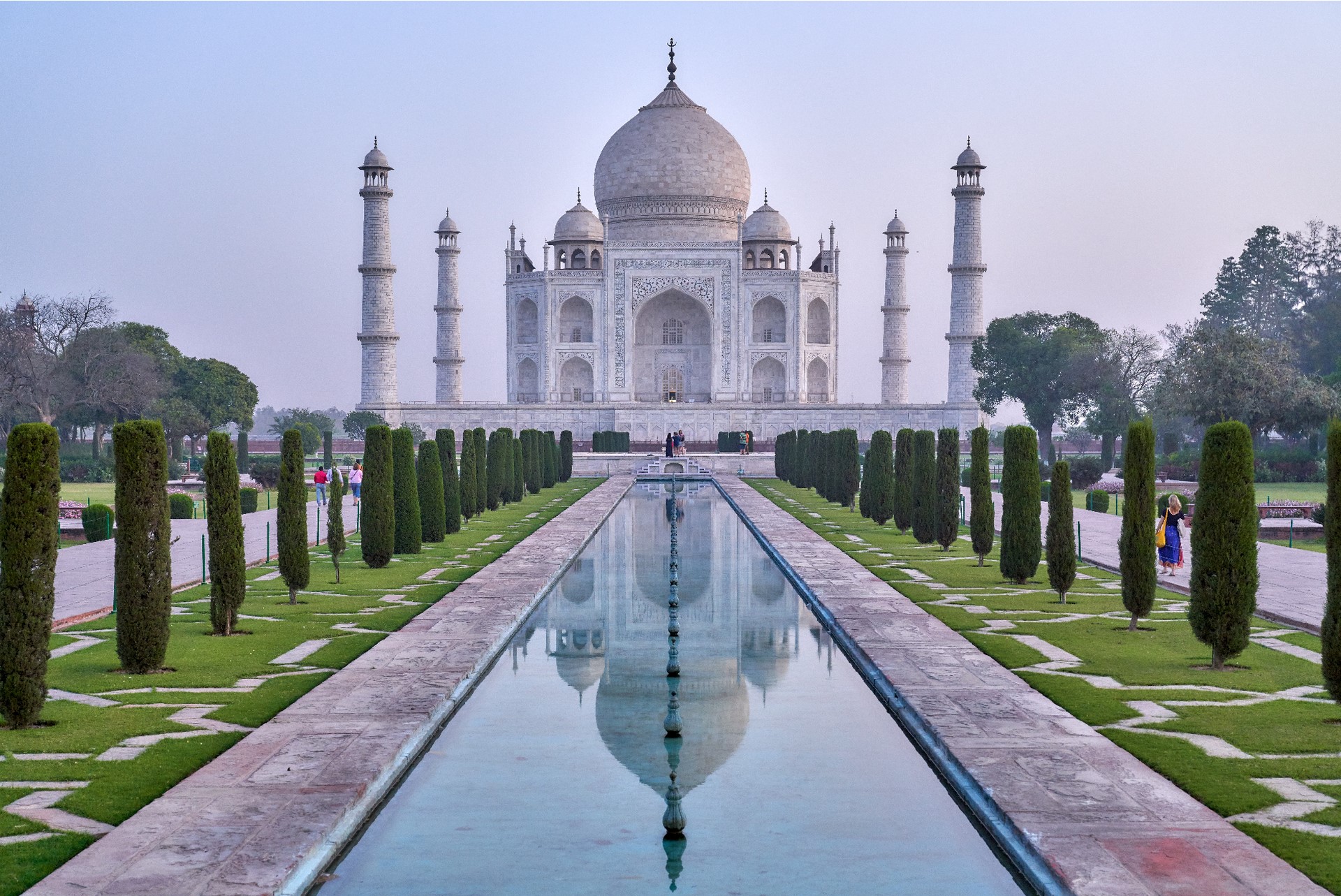
When many cultures were only nomadic forest dwellers over 5000 years ago, Indians established Harappan culture in Sindhu Valley (Indus Valley Civilization)
The name 'India' is derived from the River Indus, the valleys around which were the home of the early settlers. The Aryan worshippers referred to the river Indus as the Sindhu.
Chess was invented in India.
Algebra, Trigonometry and Calculus are studies, which originated in India.
The 'Place Value System' and the 'Decimal System' were developed in India in 100 B.C.
India is the largest democracy in the world, the 7th largest Country in the world, and one of the most ancient civilizations.
Ayurveda is the earliest school of medicine known to mankind. The Father of Medicine, Charaka, consolidated Ayurveda 2500 years ago.
The oldest European church and synagogue in India are in the city of Cochin. They were built in 1503 and 1568 respectively.
Varanasi, also known as Benaras, was called "the Ancient City" when Lord Buddha visited it in 500 B.C., and is the oldest, continuously inhabited city in the world today.
Yoga has its origins in India and has existed for over 5,000 years.
INDIAN CLIMATE
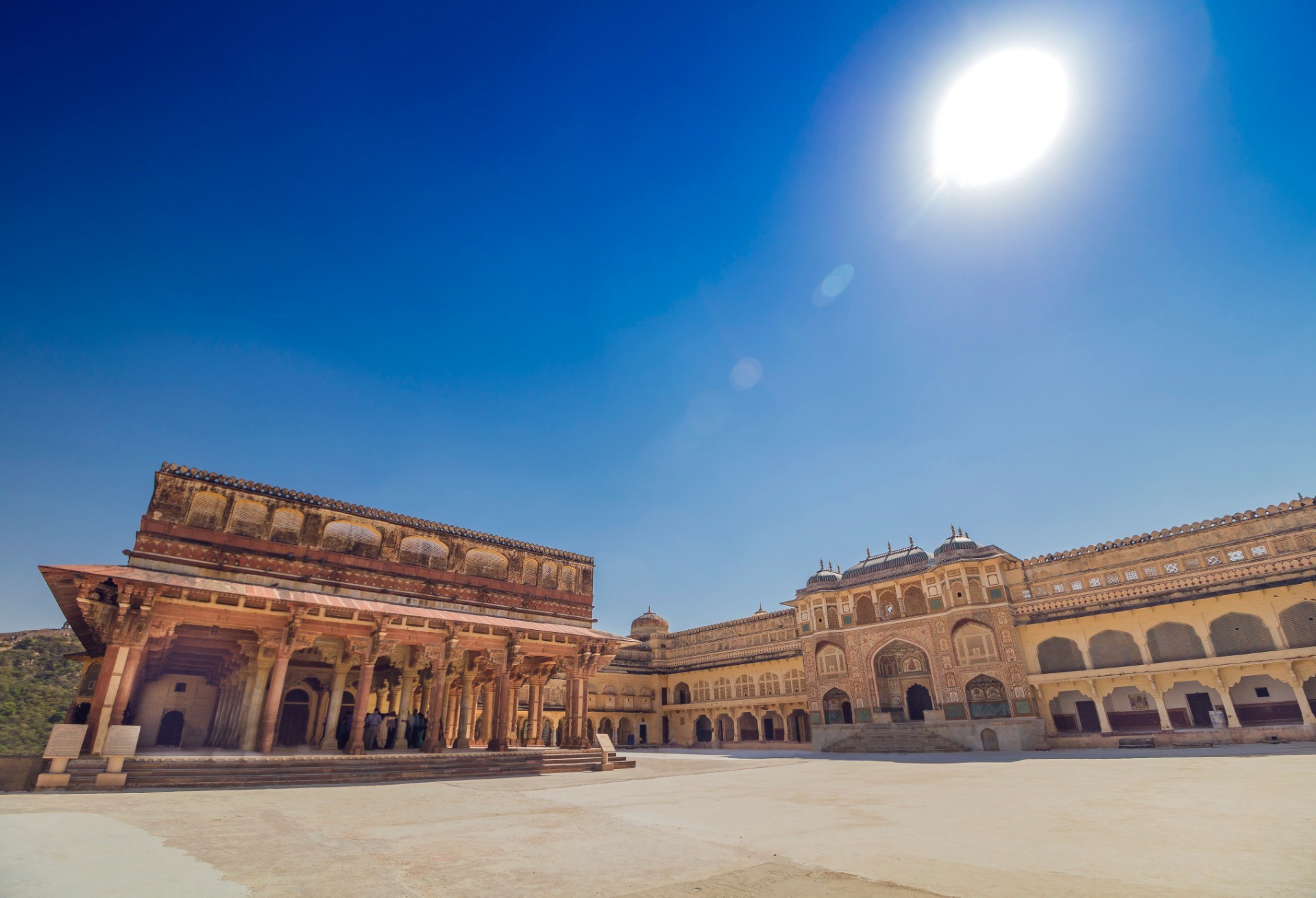
SUMMER
During the three months from April to June it is summer in most parts of India.Generally in the month of April, many parts of India experiences high temperature. The normal temperature recorded in this time in generally 30°C. But at some places in the plateau region the temperature rises to 40°C and in the Himalayan mountain region, it remains near about 20°C.
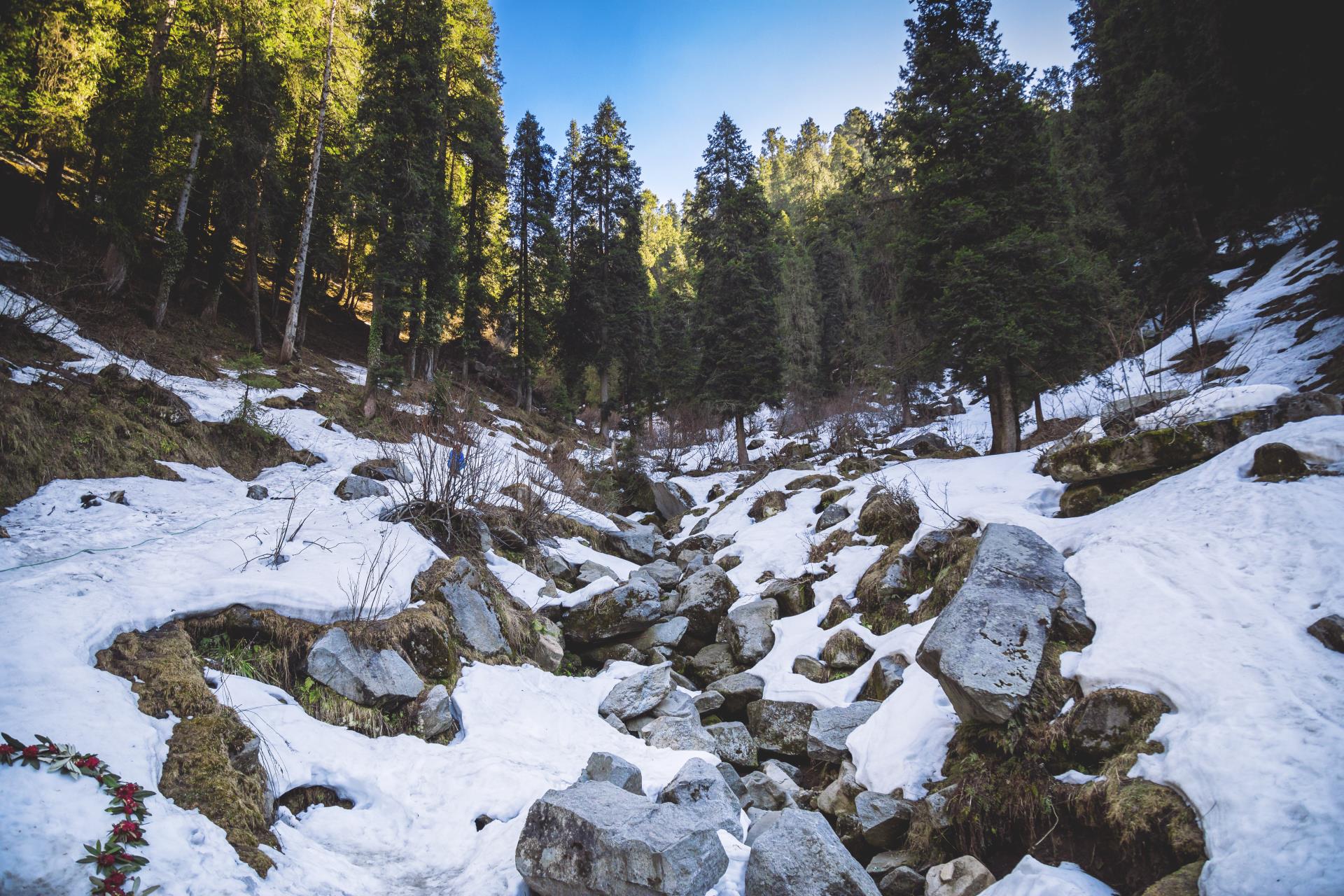
WINTER
During the period from December to February there is winter season in India. During this time clouds and dry North-East Monsoon passes over different regions of India and temperature is decreased considerably. In Himalayan area the temperature is much lower (between 5°C and 10°C). But sometimes cyclone (coming from the West) causes storm and rainfall which is known as Western disturbance.
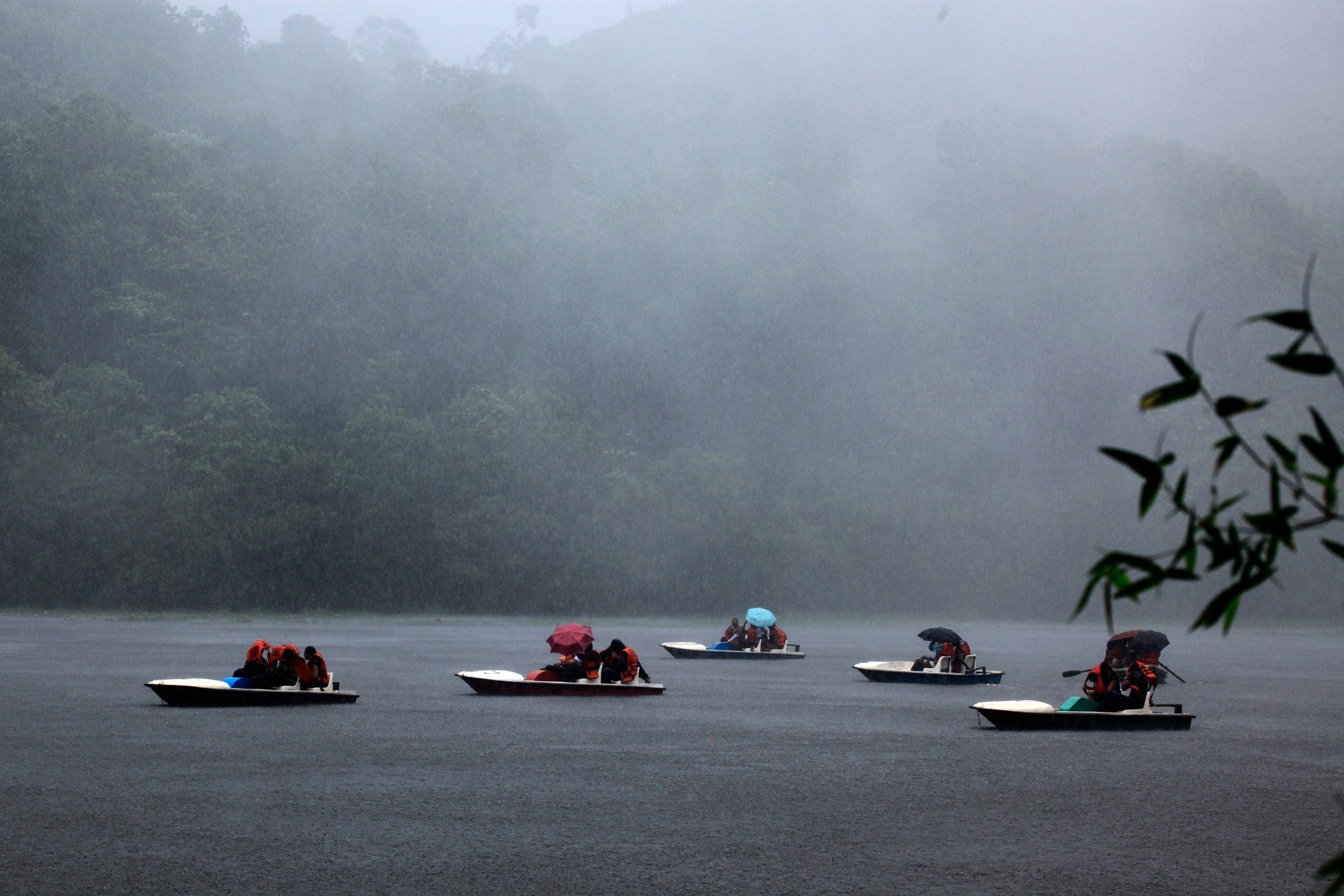
RAINY
The rainy season in India begins generally from the second week of July and continues up to the second week of October. From the second week of June humid monsoon enters various parts of India and causes rainfall everywhere in the state.
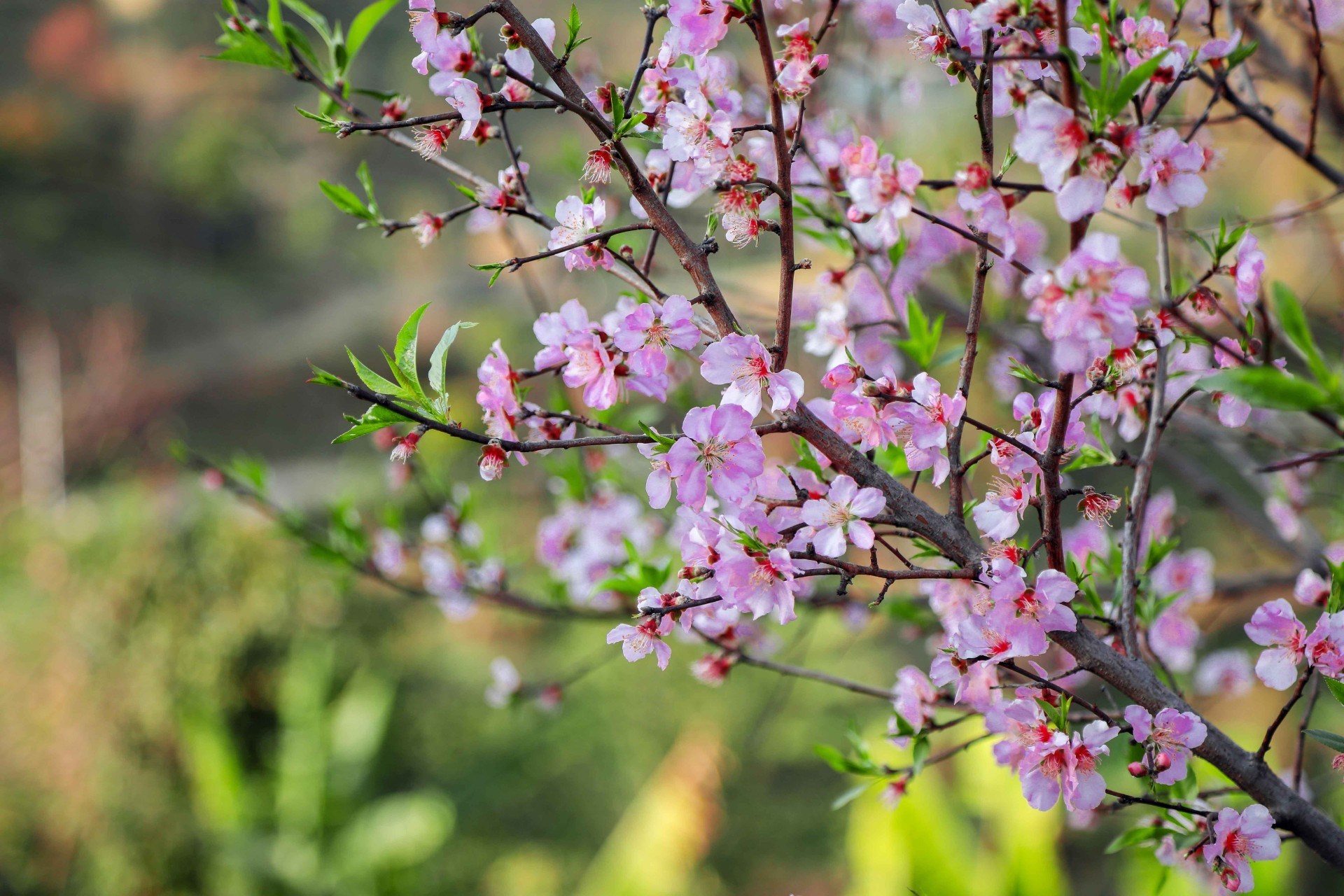
SPRING
The advent of spring brings us the pleasant sound wind begins to blow. It refreshes our body and mind. The countryside appears to be adorned with green leaves and flowers. Birds sing and bees hum in the flower garden. Trees and creepers are covered with beautiful flowers. Bees hum all day long among them.





